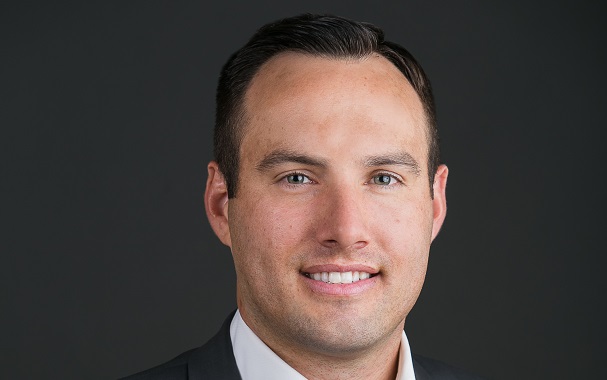The floodgates opened when the US Treasury Department released long-awaited proposed rules regarding the Opportunity Zones established under last year's tax overhaul earlier this year.
“Investor interest has been, we'll call it insatiable,” says Derek Uldricks, president of Virtua Capital Management, which launched one of the first Opportunity Zone funds earlier this year, even before the proposed clarifications were released.
Recommended For You
Since the proposed rules' release, there has been a massive uptick in investment, he reports. He breaks the investors into three groups, two of which are largely motivated by the Opportunity Zones' generous tax incentives.
“On the retail investor side we've averaged about $125,000 investments per investor, which is pretty good. On the ultra high net worth side it is about $370,000. That has been the average and I do believe it is going up.”
There is a third, somewhat surprising, group of investors in these funds beyond the qualified purchasers and family offices, Uldricks says: institutional investors. Institutional investors will not get the same tax benefits as taxable investors, clearly, but they are still expressing interest because many of them have mandates for ESG (environmental, social governance) and an investment in an Opportunity Zone can check that box. “They don't care much about the tax benefits; they just want to underwrite deals that have a social impact.”
Penciling In Affordable
For many institutional funds ESG may translate into affordable housing. One investment Virtua has made via one of its Opportunity Zone funds suggests that such investment opportunities could increase under the program.
Uldricks tells of an apartment building it is developing in Tempe, AZ, which is next to Arizona State University. There is an allocation to affordable housing within the apartment, which both Tempe and the university encouraged.
As it happened, Virtua already had this transaction in its pipeline but when it became clear that it qualified under the Opportunity Zone guidelines, “it became much quicker for us to raise the capital for that transaction,” Uldricks says. Also, he adds, without the Opportunity Zone qualification it is debatable whether the company would have been able to pencil in the affordable component.
© Touchpoint Markets, All Rights Reserved. Request academic re-use from www.copyright.com. All other uses, submit a request to [email protected]. For more inforrmation visit Asset & Logo Licensing.








